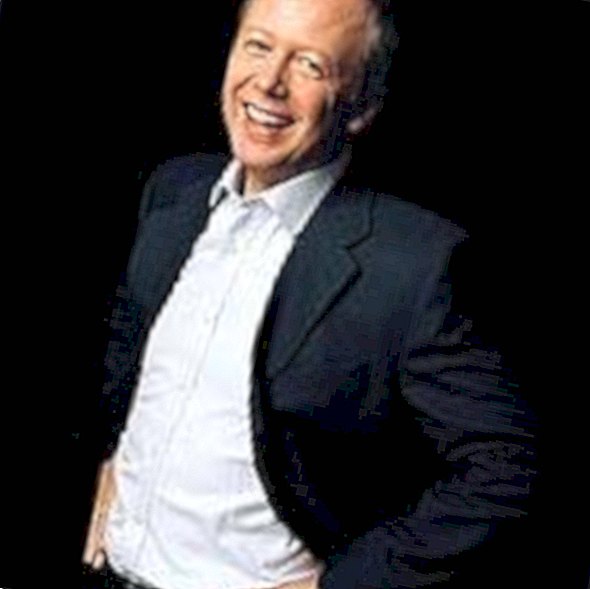Tom Buhrow


Dear Tom Buhrow, we just say it straight out: Unfortunately - as far as this assumption is concerned - you're wrong. For neither Mozart's operas nor Beethoven's symphonies, Schumann's piano concertos or the works of any other classical composer are played twice as fast as they used to be. But, and that perhaps comforts you, one reads and hears this claim again and again.
"The vast majority of musicologists consider this nonsense," says Hartmut Grimm, professor at the Academy of Music "Hanns Eisler" in Berlin. And explains the mistaken beliefs: "There was in the 80s the thesis that Beethoven interpreted the metronome differently than we do today." This composer was indeed one of the first who used the standardized clock device for their own tempo information. The musicologist Willem Retze Talsma was convinced that Beethoven first saw unity in the to-and-fro movement of the Pointer, whereas musicians today already understand every tick in one direction as a beat. But even if Talsma had been right: The metronome confusion could not be transferred to Mozart anyway. He did not experience the triumph of the clock meter around 1816 anymore. But if today his music really should be played twice as fast - luck! Even for you as a father of two: Otherwise a performance of Mozart's opera "The Magic Flute", which is very popular with children, would take a good six hours. A period of time in which even tried-and-true little opera fans would at some point grapple. With or without metronome. Your ChroniquesDuVasteMonde










